News
-
 Genetics
GeneticsGene knockouts in people provide drug safety, effectiveness clues
People naturally lacking certain genes give clues about drug safety and efficacy, a study in Pakistanis shows.
-
 Planetary Science
Planetary ScienceJupiter’s Great Red Spot has company. Meet the Great Cold Spot
A previously unidentified dark mark on Jupiter has been dubbed the “Great Cold Spot” because of its temperature and resemblance to the planet’s Great Red Spot.
-
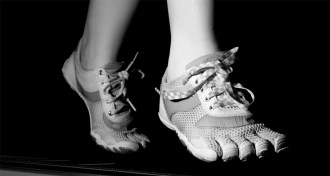 Physics
PhysicsPhysics trips up efforts to keep shoelaces tied
Loose laces are due to inertia and force of feet hitting the floor.
-
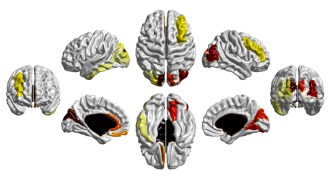 Humans
HumansScientists seek early signs of autism
The search for autism biomarkers, in the blood and the brain, is heating up.
-
 Health & Medicine
Health & MedicineGenetic risk of getting second cancer tallied for pediatric survivors
Inherited mutations, not only treatment, affect the chances that a childhood cancer survivor will develop a second cancer later in life.
-
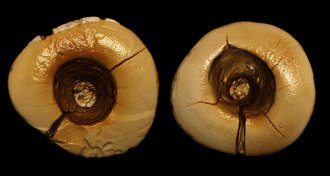 Archaeology
ArchaeologyStone Age hunter-gatherers tackled their cavities with a sharp tool and tar
Late Stone Age hunter-gatherers scraped and coated away tooth decay.
By Bruce Bower -
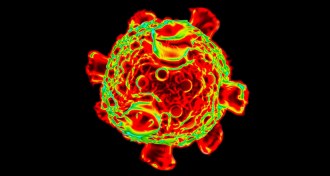 Health & Medicine
Health & MedicineCommon virus may be celiac disease culprit
A common virus may turn the immune system against gluten, leading to the development of celiac disease.
-
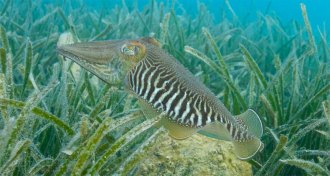 Genetics
GeneticsCephalopods may have traded evolution gains for extra smarts
Editing RNA may give cephalopods smarts, but there’s a trade-off.
-
 Astronomy
AstronomyMassive red, dead galaxy spotted in young universe
A hefty red, dead galaxy may raise questions about how galaxies formed in the early universe.
-
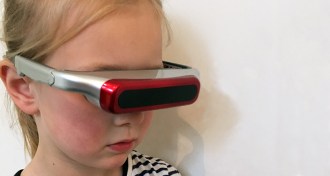 Psychology
PsychologyOut-of-body experiments show kids’ budding sense of self
Sensing that “my body is me” starts early and develops over many years.
By Bruce Bower -
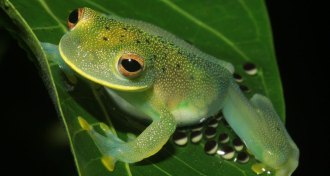 Animals
AnimalsFor glass frogs, moms matter after all
Brief but important maternal care may have evolved before the elaborate egg-tending of glass frog dads.
By Susan Milius -
 Health & Medicine
Health & MedicineGetting dengue first may make Zika infection much worse
Experiments in cells and mice suggest that a previous exposure to dengue or West Nile can make a Zika virus infection worse.